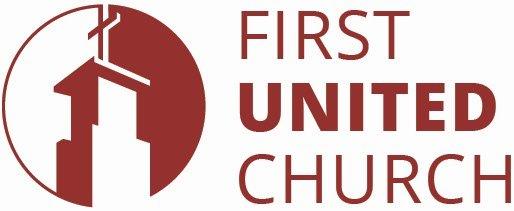I grew up in the German Reformed Church of America, before it became a part of the Evangelical and Reformed Church in 1934, and before it became part of the United Church of Christ in 1957. The teaching tool used for young people usually was the Heidelberg Catechism.
This catechism is a collection of 129 questions and answers to prepare youth to confirm their infant baptism as they become members of a local church. It was published in 1563 as a courageous attempt to bridge the growing split between Protestant Lutherans, followers of Martin Luther, and Protestant Reformers, followers of John Calvin and Ulrich Zwingli. These two theological traditions are reunited in the forming of the United Church of Christ.
I once had memorized most of those 129 questions and answers, but only one of them remains as bedrock for me as a Christian today.
Question 1. “What is your only comfort in life and in death?”
“That I, with body and soul, both in life and in death, am not my own, but belong to my faithful Savior, Jesus Christ…”
One of the great quests of our lives is the assurance that we matter because we belong to a reality beyond just ourselves. This keeps us from sinking into depression when we see ourselves as worthless. We have value; we are both able and loveable. It also keeps us from narcissism, assuming the universe revolves around us, being too big for our britches.
This past Sunday I introduced the Prayers of the People with a poem written by the English author/musician Brian Wren in 1987. This is hymn #564 in The New Century Hymnal. His words reminded me of the first question/answer of that Heidelberg Catechism.
“We are not our own. Earth forms us, human leaves on nature’s growing vine, Fruit of many generations, seeds of life divine.
We are not alone. Earth names us: past and present, peoples near and far, family and friends and strangers show us who we are.
Through a human life God finds us; dying, living, love is fully known, And in bread and wine reminds us: we are not our own.
Therefore let us make thanksgiving, and with justice, willing and aware, give to earth, and all things living, liturgies of care.
And if love’s encounters lead us on a way uncertain and unknown, All the saints with prayer surround us: we are not alone.
Let us be a house of welcome, living stone upholding living stone, Gladly showing all our neighbors we are not our own!”
Peace, John Krueger

 Follow
Follow